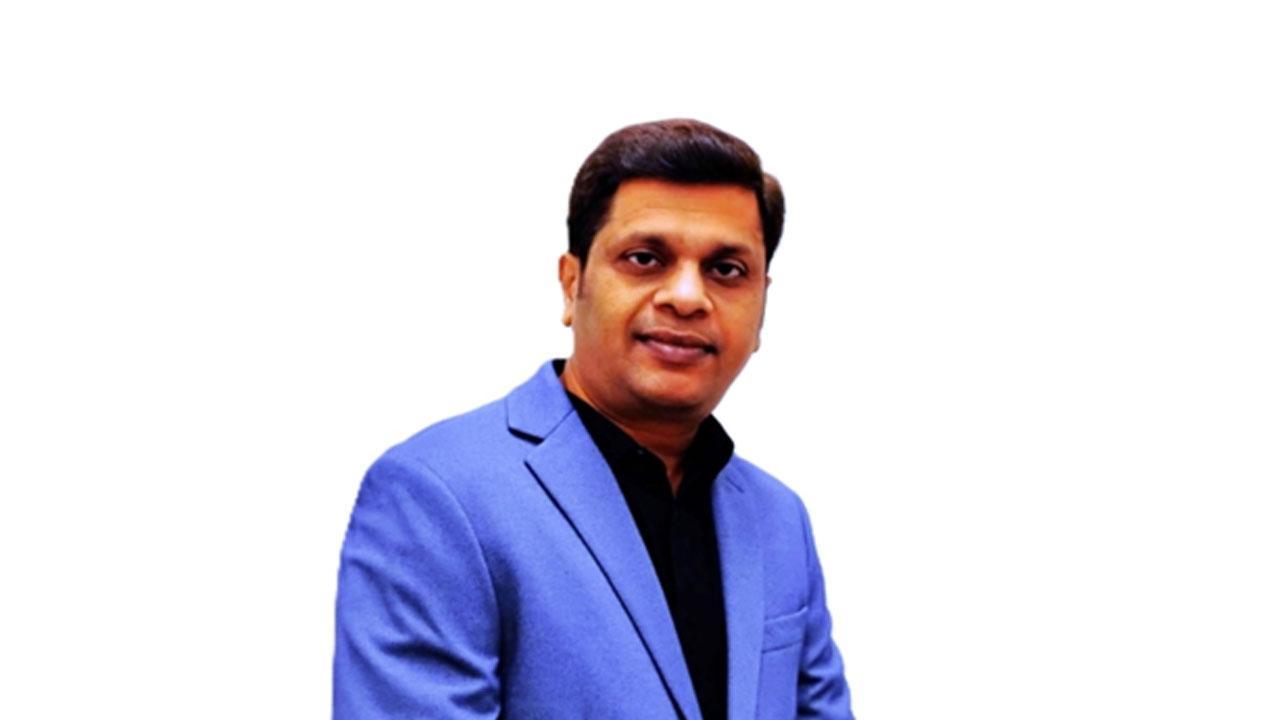
In a data-driven world, the need for efficient, scalable, and high-performing data warehouses has never been more critical. Organizations across industries rely on robust data solutions to streamline operations, enhance decision-making, and drive innovation. The evolution of data engineering has moved from traditional on-premises systems to modern cloud-based architectures, integrating artificial intelligence (AI) and machine learning (ML) to optimize performance and reduce costs. As data complexity continues to rise, professionals in the field must adapt to new methodologies and technologies to stay ahead.
One such expert in this transformative field is Hari Prasad Bomma, whose extensive 18-year career in data engineering has contributed significantly to the evolution of data warehouse development. Beginning his journey as a SQL Script Developer, he quickly expanded his expertise into the full MSBI suite, transitioning seamlessly into the Azure cloud environment. With a strong foundation in Computer Science, Statistics, and Mathematics, along with a Master’s in Information Technology, Hari has continuously pushed the boundaries of what is possible in data engineering. Over the years, he has mastered a variety of tools, including ADF, Synapse Analytics, Databricks, Python, and PySpark, and has ventured into AI and ML applications to enhance data processing and analysis.
Throughout his career, He has played a pivotal role in developing and optimizing data solutions that have driven operational efficiency and reduced costs. One of his notable achievements includes the seamless migration of legacy data warehouses to cloud platforms, ensuring zero downtime. He has also implemented comprehensive data governance frameworks that significantly improved data integrity and quality. His ability to handle massive datasets ranging from simple file structures to terabytes of data has enabled organizations to explore new analytics opportunities, paving the way for more informed decision-making.
His contributions have had a significant impact on the organizations he has worked with. By implementing innovative data architectures and frameworks, he has successfully reduced operational costs by 40% while improving system performance by 70%. His commitment to process optimization has not only enhanced efficiency but has also increased user satisfaction. Additionally, his expertise in Agile, Kanban, and Traditional SDLC methodologies has allowed him to develop scalable, reusable frameworks tailored to diverse industry needs, spanning healthcare, insurance, banking, IT infrastructure, and mortgage sectors.
Beyond his technical expertise, Hari is a firm believer in fostering collaboration and inclusivity in the workplace. He has led teams through complex migrations and transformations, ensuring smooth transitions and minimal disruptions. His emphasis on automation and reusable templates has streamlined workflows, reducing manual intervention and enhancing overall productivity. Moreover, his dedication to continuous improvement and innovation has positioned him as a thought leader in the field.
Looking ahead, He envisions a future where AI-driven data solutions will become even more integral to business success. The rapid advancements in big data architectures and AI-powered analytics are set to unlock unprecedented levels of efficiency and insight. As organizations increasingly adopt AI and ML for predictive analytics, real-time data processing, and enhanced security measures, the role of experienced data engineers will be more crucial than ever.
Hari’s journey exemplifies how expertise, adaptability, and forward-thinking approaches can drive significant advancements in data warehouse development. His contributions serve as an inspiration for aspiring data engineers, demonstrating that with the right skill set and mindset, it is possible to build innovative, future-proof data solutions that transform the way businesses operate.
























